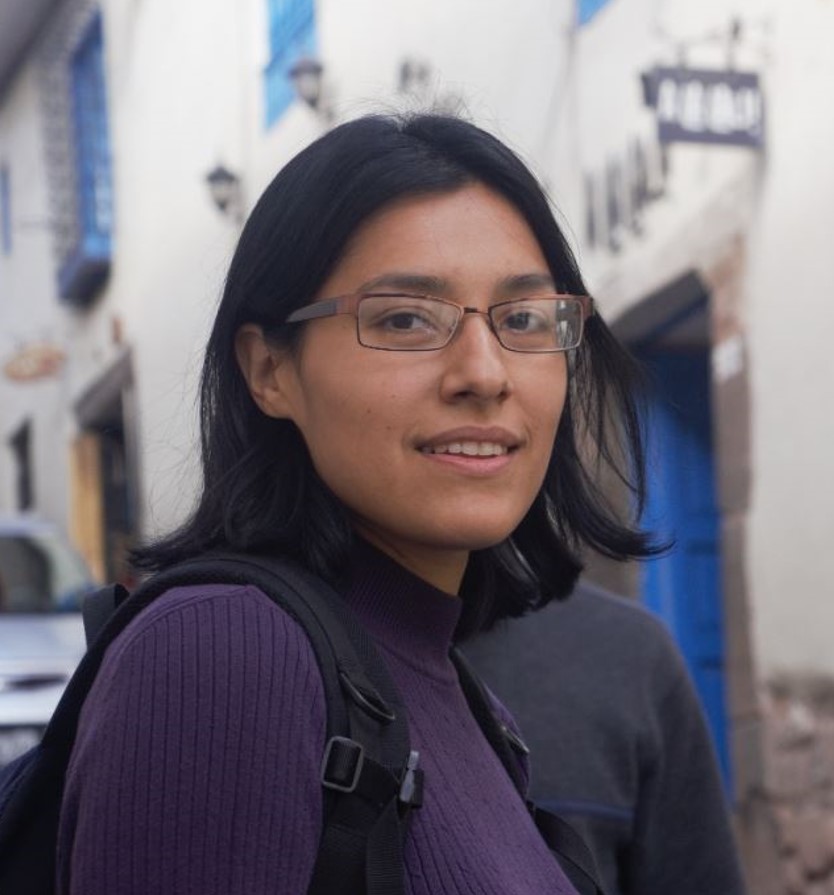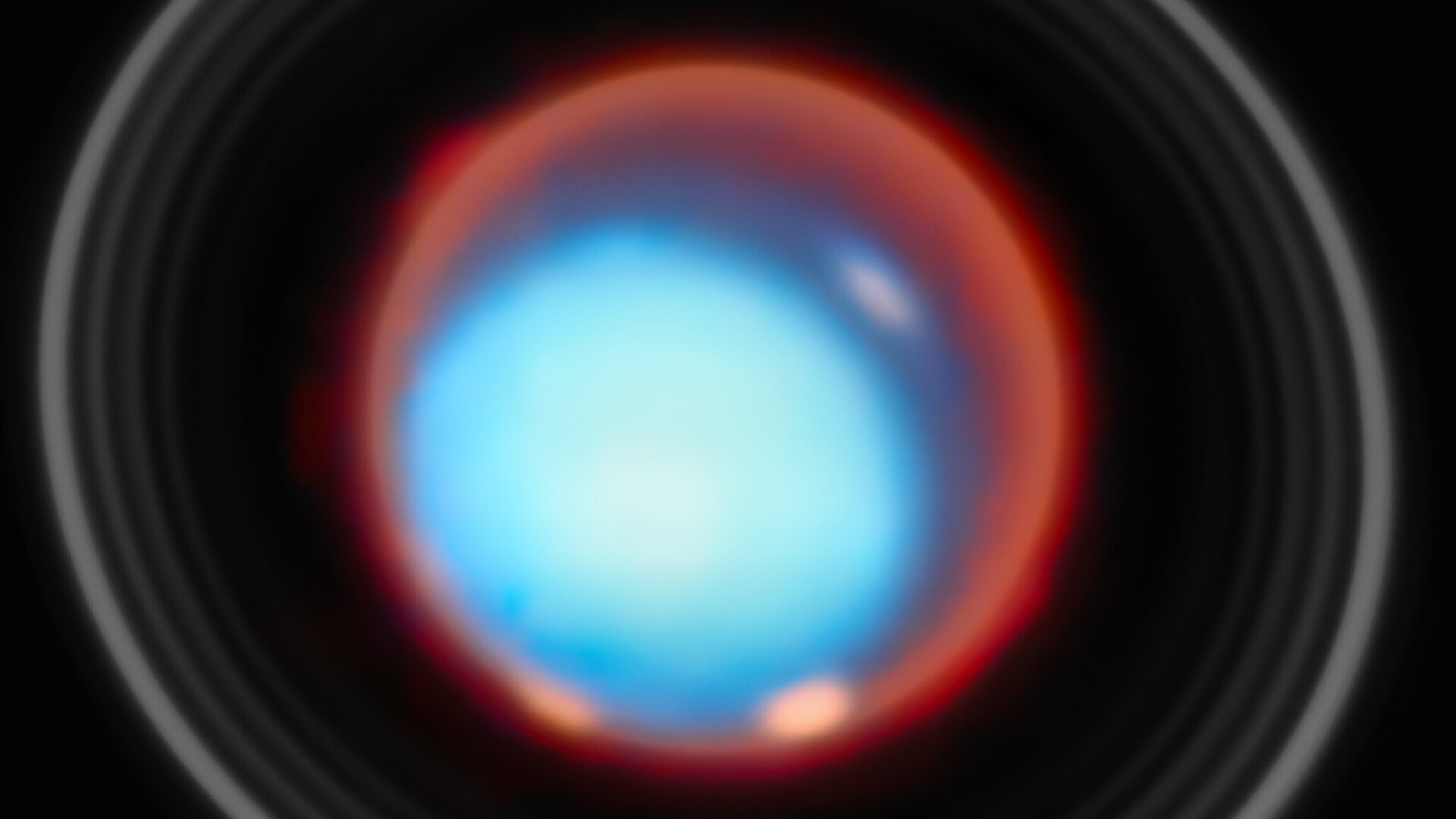NASA to stop using racist nicknames for cosmic objects
The agency pulled terms that are offensive to people from Indigenous and Asian communities.
Breaking space news, the latest updates on rocket launches, skywatching events and more!
You are now subscribed
Your newsletter sign-up was successful
Want to add more newsletters?

Delivered daily
Daily Newsletter
Breaking space news, the latest updates on rocket launches, skywatching events and more!

Once a month
Watch This Space
Sign up to our monthly entertainment newsletter to keep up with all our coverage of the latest sci-fi and space movies, tv shows, games and books.

Once a week
Night Sky This Week
Discover this week's must-see night sky events, moon phases, and stunning astrophotos. Sign up for our skywatching newsletter and explore the universe with us!

Twice a month
Strange New Words
Space.com's Sci-Fi Reader's Club. Read a sci-fi short story every month and join a virtual community of fellow science fiction fans!
NASA will discontinue the use of certain nicknames for astronomical objects that are considered to be racist, the space agency said Aug. 5.
The agency's plethora of space-gazing observatories collect breathtaking images of distant cosmic objects, which are given official designations (made up of acronyms and numbers) by the International Astronomical Union. But, the agency also gives some objects nicknames that are less technical to make them more "public friendly," according to NASA.
For years, Indigenous people have criticized the use of the word ''Eskimo,'' because of its racist roots. And, unfortunately, this offensive term was a nickname NASA used for planetary nebula NGC 2392.
Related: Charles Bolden, NASA's first Black administrator, speaks out on systemic racism
"'Eskimo' is widely viewed as a colonial term with a racist history, imposed on the indigenous people of Arctic regions. Most [NASA] official documents have moved away from its use," the space agency stated in an Aug. 5 statement, issued by NASA's Office of Diversity and Equal Opportunity (ODEO). It is unclear in the statement what potential criticism or discussions prompted this change.
Additionally, the agency added, "NASA will also no longer use the term 'Siamese Twins Galaxy' to refer to NGC 4567 and NGC 4568, a pair of spiral galaxies found in the Virgo Galaxy Cluster. Moving forward, NASA will use only the official, International Astronomical Union designations in cases where nicknames are inappropriate."
"I support our ongoing reevaluation of the names by which we refer to astronomical objects," Thomas Zurbuchen, NASA's associate administrator for science missions, said in the statement. "Our goal is that all names are aligned with our values of diversity and inclusion, and will proactively work with the scientific community to help ensure that. Science is for everyone, and every facet of our work needs to reflect that value."
Breaking space news, the latest updates on rocket launches, skywatching events and more!
Though it is not yet clear what NASA's next actionable steps will be to manage and prevent the use of harmful language, the agency said in the statement that it is ''examining its use of unofficial terminology for cosmic objects as part of its commitment to diversity, equity, and inclusion." The agency added that it will work with diversity, inclusion and equity experts within the astronomical and physical sciences for guidance.
The ODEO's website outlines Special Emphasis Programs for communities historically marginalized based on race, gender and sexual orientation. It also dedicates a page to NASA's Anti-Harassment Program. The website is not without its inconsistencies, however. ODEO's main banner photo for their website features NASA's first Commercial Crew Program astronauts, a group of nine people, six of whom are white men. Their "Our Mission" page also reads "TBD'' (or, ''to be determined'') under its "Values" section.
Follow Doris Elin Urrutia on Twitter @salazar_elin. Follow us on Twitter @Spacedotcom and on Facebook.

Doris is a science journalist and Space.com contributor. She received a B.A. in Sociology and Communications at Fordham University in New York City. Her first work was published in collaboration with London Mining Network, where her love of science writing was born. Her passion for astronomy started as a kid when she helped her sister build a model solar system in the Bronx. She got her first shot at astronomy writing as a Space.com editorial intern and continues to write about all things cosmic for the website. Doris has also written about microscopic plant life for Scientific American’s website and about whale calls for their print magazine. She has also written about ancient humans for Inverse, with stories ranging from how to recreate Pompeii’s cuisine to how to map the Polynesian expansion through genomics. She currently shares her home with two rabbits. Follow her on twitter at @salazar_elin.

